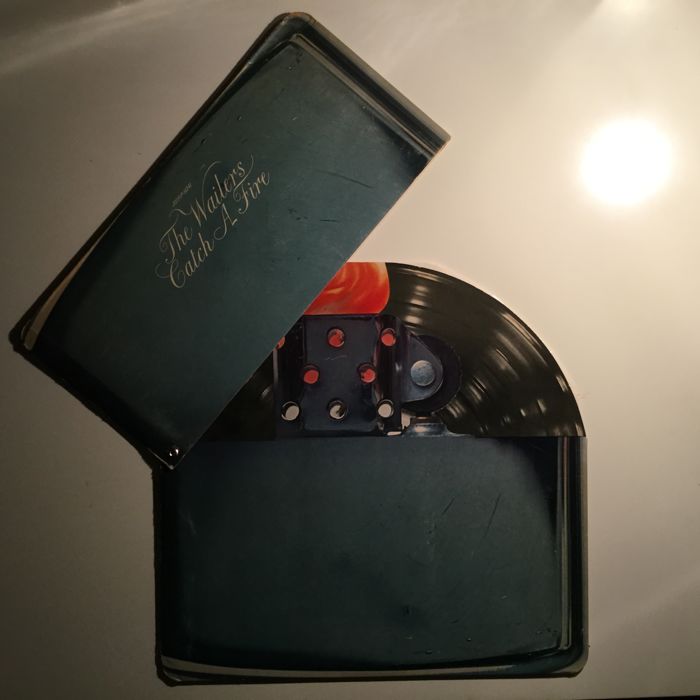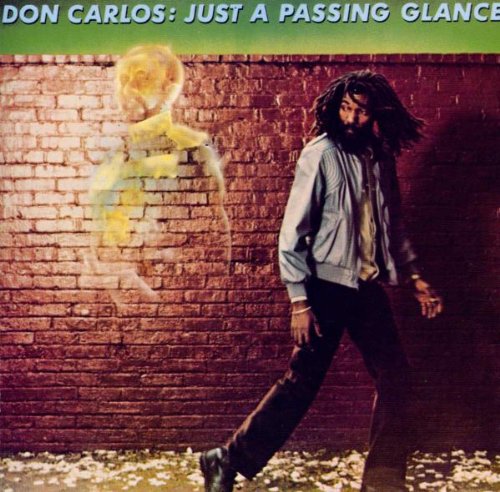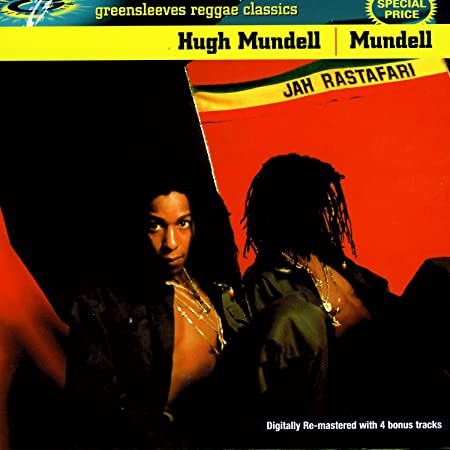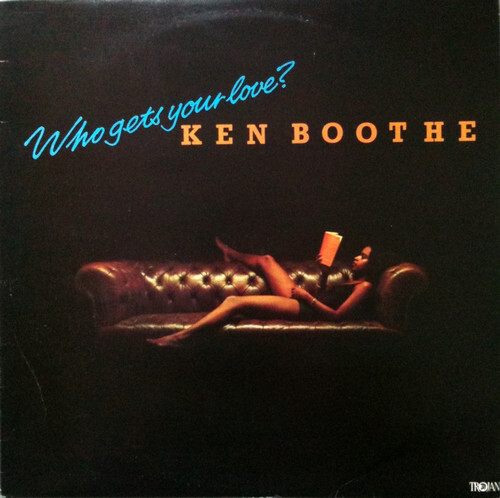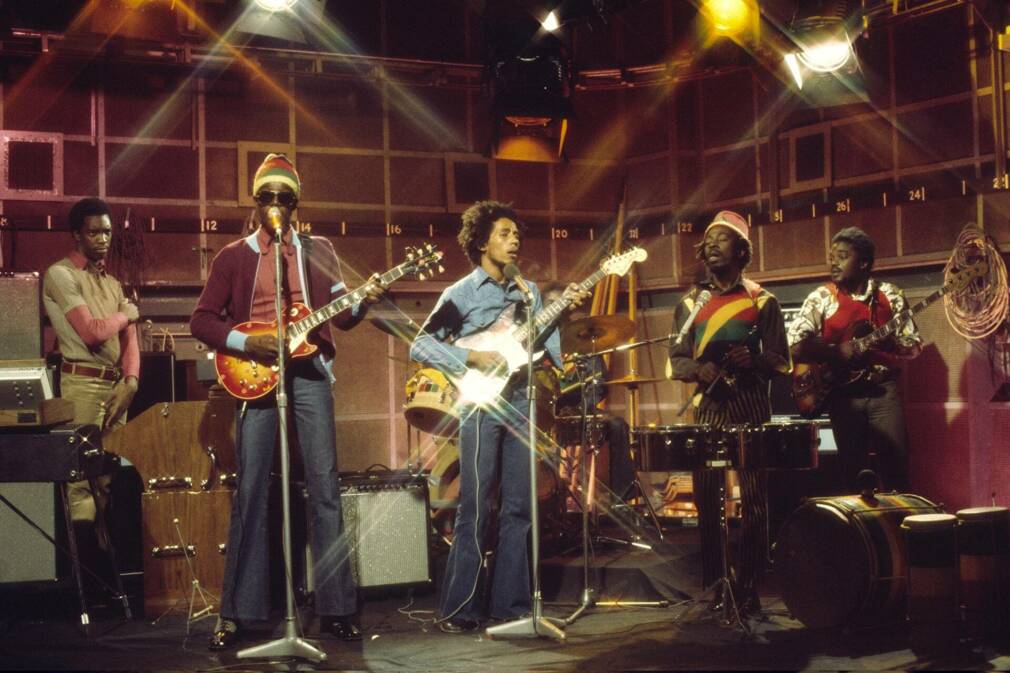This week, like every summer, we’re off to Jamaica to get a good dose of reggae. Our captain for this voyage?, Blundetto! I don’t know about you, but music has been helping to keep my spirits up during these various lockdowns and I was particularly happy to dive back into my reggae records! This music healed my soul and my ears. I got the chance to re-listen to the whole discography of an artist who prompted me to discover (as is the case for many others) this genre: Bob Marley. And, by a quirk of fate or celestial coincidence, we celebrated the anniversary of his passing a few weeks later. What struck me during commemorations was the universality and modernity of his music.
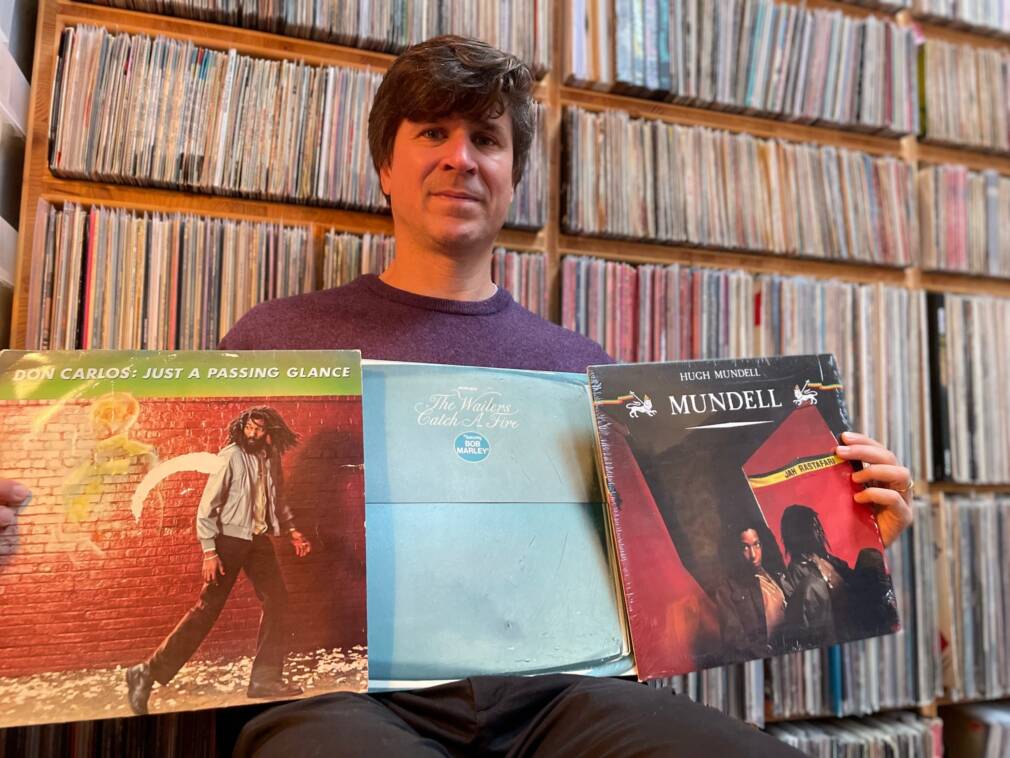
The Wailers – Catch a Fire (Island) (1973)
The album that popularised reggae around the world thanks to the talent of the group’s three leaders, but also to the producer/ founder of Island, Chris Blackwell.
The group was still called “The Wailers” at the time of recording and included three singers who would later go on to have solo careers: Bob Marley, Bunny Wailer and Peter Tosh.
Formed 10 years earlier, the vocal trio “Wailing Wailers” initially played ska before their sound evolved into what would be known as Reggae. From the toughest ghettos of Kingston, they laced their lyrics with social commentary, Rastafarian culture and aspirations for a better world.
Several classics from Bob Marley’s repertoire were already present with the three harmony of the three singers working wonders: “Stir it up,” “Concrete Jungle,” “Slave Driver,” “Kinky Reggae.”. And of course, the “reggae” sound is there: bass/ drums in front, the tempo slowed down, and the guitar skank that is so specific to this music.
But the strength of this album is precisely that the sound was “internationalised.” Indeed, the album was recorded in Jamaica but was then mixed in London at Island Studio under the aegis of Blackwell, who sought to find a more accessible sound for a Western audience, more produced with less bass and more highs. Also, I recently discovered that he asked a guitarist from Muscle Shoal, who were recording at the studio next door, to come and do solos on several tracks in order to speak to the rock audience.
You can hear the shifts in the mixing between the ‘Jamaican’ and the ‘Londoner’ on the Deluxe Edition, released as a double CD a few years ago. The difference is striking.
Finally, a “great album” often means a “great cover” and this is what we get. To illustrate the record’s title, the graphic designers Rob Dyer and Bob Weiner had the idea of representing a Zippo lighter with appropriate packaging. It will come as no surprise that this original edition has become a collector’s item!
I found mine in Bernard Schu’s collection, the man who hosted the “Hit des clubs” on RTL for years and who was an emblematic French DJ in the 70s and 80s.
I chose this first album because it is iconic, but the second LP “Burnin’,” or the albums that follow, are just as good.
Don Carlos – Just a passing glance (RAS) (1984)
A package of pure reggae roots sweetness with Don Carlos’ golden voice, beautiful melodies and superb production. This album makes you feel so good, no wonder why it is sponsored by Air Jamaica ;-)!
Don Carlos started out with another great Jamaican vocal trio, Black Uhru, which he then left to pursue a prolific solo career that led him to collaborate with Groundation in the early 2000s.
On this album, recorded at Bob Marley’s Tuff Gong studio in Kingston, we find several members of the Wailers: Carlton Barrett, Aston Barret, Sly Dunbar and even Augustus Pablo on the piano (rather than the melodica).
I discovered Don Carlos by chance on the net with his wonderful track “Mr Sun.” From there, I dug into his discography to find this album and some others that I wanted to own on vinyl. Just goes to show that a record collection is always growing.
Hugh Mundell – Mundell (Greensleeves) (1982)
We stay with reggae roots alongside a young Jamaican prodigy from the late 70’s: Hugh Mundell, who was sadly murdered in 1983.
I could have chosen his first album, produced by Augustus Pablo, which he released at age 16, Africa must be free by 1983. Yet, I found this one more interesting because of its sound experimentation. It’s on the borderline between roots and a daring dub album thanks to the genius of Scientist (like on the track “Going places”).
Reggae is all about studios and producers and for his 4th album Hugh Mundell chose modern production. The album was recorded in Jamaica at Channel One and mixed by Scientist at King Tubby’s studio, The Dub Den, that Scientist would leave shortly afterwards.
The album features roots vocals and instrumentals but with highly produced bass and a lot of effects that make the album slide towards dub.
It is a more than successful marriage, which is appropriate because when Hugh sings “Jacqueline,” it immediately makes you want to marry her… without even knowing her. If you don’t yet know this album, I hope it will be a great discovery for you! It’s interesting to see the difference in production with the Don Carlos album released 2 years later.
Every week, I ask an artist or someone close to Heavenly Sweetness to talk about a vinyl he likes. This week, I had the pleasure to welcome the beautiful Max, aka Blundetto.
Find Franck Descollonges’ record collection selection in our Deezer / Spotify playlist.
Ken Boothe – Who Gets Your Love ? (Trojan) (1979)
This 1979 album has a very special value in my eyes and in my ears, too! First of all, of course, because Ken Boothe, the greatest soul voice of the West Indies, was at the top of his game at the end of the 1970s. He hit the charts several times, notably in ’74 with “Everything I Own” and later with “Crying Over You.”
But even once he moved beyond the sometimes slippery slope of fame, his production remained impeccable and demanding, and his voice gained in power on “patina” and “velvet.”
Mr Rocksteady knows how to surround himself with the best: on “Who Gets your Love?” produced by Phil Pratt (with one track by Bunny Wailer), we find the unstoppable rhythms of Sly & Robbie, the pillars of The Revolutionaries, whom the general public sometimes knows without knowing it, especially in France as they accompanied Serge Gainsbourg on his Jamaican adventures.
A team of killers, serving sublime songs and sometimes covers (“Who Gets Your Love?” and “African Lady” by Marley) or songs by Boothe himself, notably this refined and sharp version of “Artibella.”
There are 3 tracks per side, sometimes too short, but also DJ versions with Dub and MC additions (the eponymous track, for example, is a trip of almost 10 minutes).
The album is also precious to me for more personal reasons: the track “You’re No Good,” produced by Bunny Lee, with its dancing rhythms and heady clavinet, is a classic for Jérôme “Blackjoy” Caron (the other half of Blundetto) and me. We’ve talked about it quite a bit, sitting on the couch and even tried it on a few dancefloors.
Anyway, I love this album because it has gone completely under the digital radar. You won’t find it on streaming sites, or in its entirety on the web in general. The only way to enjoy it is to get it on vinyl! In my record collection, the most valuable ones aren’t necessarily the most expensive ones, but the ones that have a history, the ones I wanted, waited for, and then managed to find or were offered. I have a copy of this TRLS 164, UK Import, since the man who invited me to write these few lines here, the man who helped Blundetto to exist for the last ten years thanks to his label Heavenly Sweetness, gave it to me after one of his countless digging sessions.
Thanks Francky, thanks Ken Boothe!
